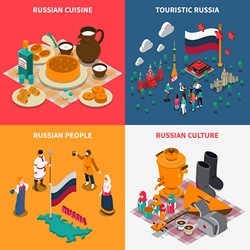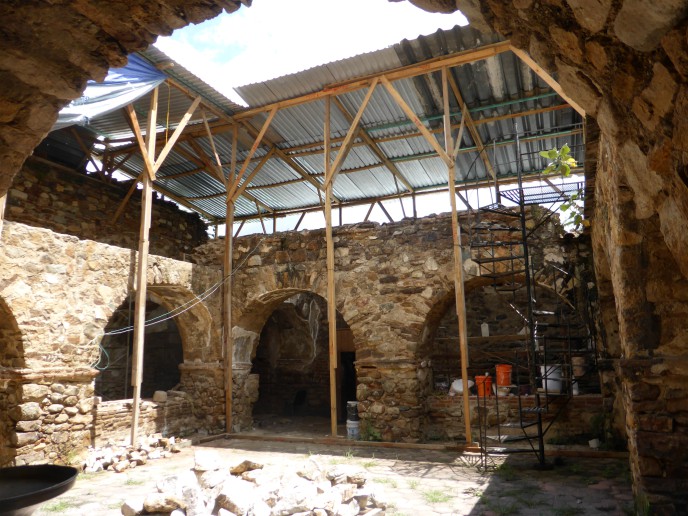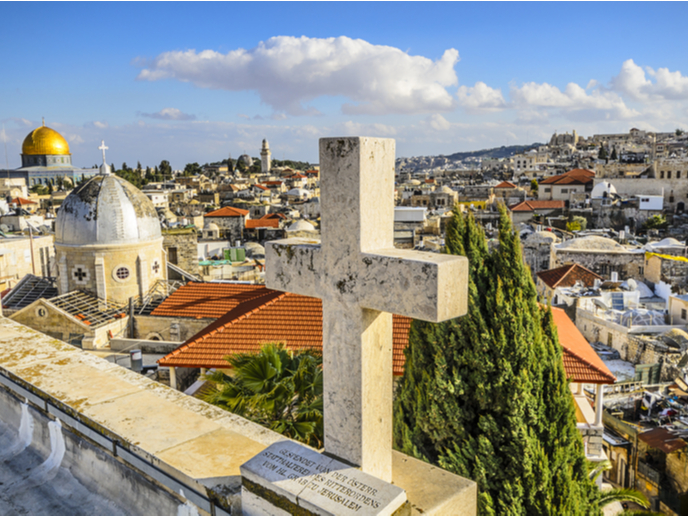Valuable insight on defining the ‘Russian world’
The concept of a Russian world has emerged in the wake of the collapse of the Soviet Union as a catch-all phrase that may incorporate all the 25-million-strong Russian-speaking diaspora outside Russia. The country refers to this diaspora in shaping its identity, a phenomenon that was exemplified in the annexation of Crimea recently. With this in mind, the EU-funded project RUSMIR (The Russian world proposal: From the geopolitical utopia to affective community) sought to analyse the concept of the Russian world from an ideological and geopolitical perspective. It gathered data from policy papers, opinion papers and relevant textbooks, but also from the press and social media. Based on all these data sources, the project defined the cultural, geopolitical, religious and ideological definitions that overlap, ranging from ‘great power’ to ‘Orthodox civilisation’. It noted the shifting perspective post-Soviet Union, for example from a decentralised network of the communities of compatriots worldwide in the 1990s to a more isolated entity after 2014. RUSMIR also noted the diaspora’s tendency to resist being incorporated ideologically into Russia, especially since both have not always been on the best of terms. The unease and ‘love-hate’ relationship were fuelled by the colonisation of different regions across Eurasia coupled with forced resettlements. The diaspora’s post-imperial character, as well as the collapse of the Soviet Union where many settlers came from, did not contribute to friendly relations either. Also noteworthy is the fact that voluntary emigrants – such as those in Europe, Israel and North America – do not mix well with those who consider themselves compatriots of the former Soviet Union. Overall, RUSMIR clarified the concept of a Russian world in the post-Soviet period and put it in context. It also offered valuable insight into post-Soviet Russian geopolitical culture along with potential future scenarios. These results were published in numerous journals, articles, book chapters, papers and volumes. In parallel, RUSMIR participated in interviews, conferences and workshops, disseminating authoritative research on the topic. In a world of tense geopolitical realities, this knowledge can be invaluable to politicians and analysts.







